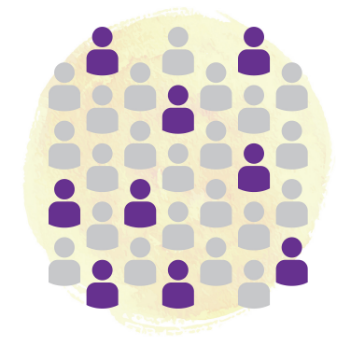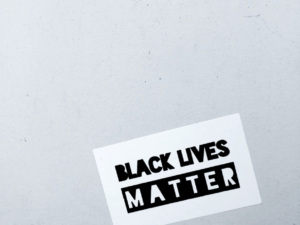Seven things every woman should know about domestic violence, including where to find help.
By Cheryl P. Rose
May 1, 2018
Because domestic violence is an uncomfortable subject, there are misconceptions about what it is and how often it happens.
1. It happens a lot.
“As many as one in three women in Oregon will experience intimate partner violence,” says Laurel Hallock-Koppelman, a family nurse practitioner in OHSU family medicine.
2. Social status is not a predictor.
“A college degree, a good-paying job, this does not preclude women from being victims. It’s not an issue isolated to the low-wage earner, but it happens across socioeconomic strata,” Hallock-Koppelman says.
3. Abuse takes many forms.
Hitting and kicking are abusive, but so are isolation and controlling behaviors. Hallock-Koppelman says threats, insults, forced sex, and denying access to birth control or finances are other examples.
4. Recognizing abuse is difficult when it’s happening to you.
“Abuse is not always extreme and can take myriad forms,” says Dr. Christina Nicolaidis of OHSU Internal Medicine. “In many cases, the abuse begins subtly and women don’t see themselves as victims until it escalates.”
5. It can make you sick.
“There is a long list of physical and mental health issues beyond immediate injuries shown to be associated with domestic violence,” says Dr. Nicolaidis. Examples include migraines, asthma, anxiety, and high blood pressure.
6. Children also suffer.
Witnessing domestic violence significantly increases the risk of physical and mental illness in children, too, Dr. Nicolaidis confirms.
7. There is someone who will listen.
“Even if you’re not in a position to – or don’t want to – leave your partner, you can still ask for help,” Dr. Nicolaidis says. “We understand there are a lot complexities and won’t judge you.”
For the medical community, there is a new emphasis on prevention of domestic violence by educating patients about healthy relationships. “Now we aren’t just asking questions to uncover abuse, but to proactively encourage understanding of what healthy, respectful relationships are,” Hallock-Koppelman says.
WHO TO CALL FOR HELP:
- If you are in a dangerous or emergency situation, do not hesitate to call 911.
- If you need to talk to someone right away, contact Call to Safety, a 24-hour crisis line: (503)235-5333 or 1-888-235-5333.
- To learn about the services available, call the Gateway Center, which can connect you to services throughout the area: 503-988-6400.
- Services available include counseling, legal advice, support groups, and more. Many of these services are available in many languages.
The Northwest Catholic Counseling Center received permission from SagaCity Media to post this article from the Women’s Health Annual 2017 edition, presented by SagaCity Media and OHSU Center for Women’s Health.





